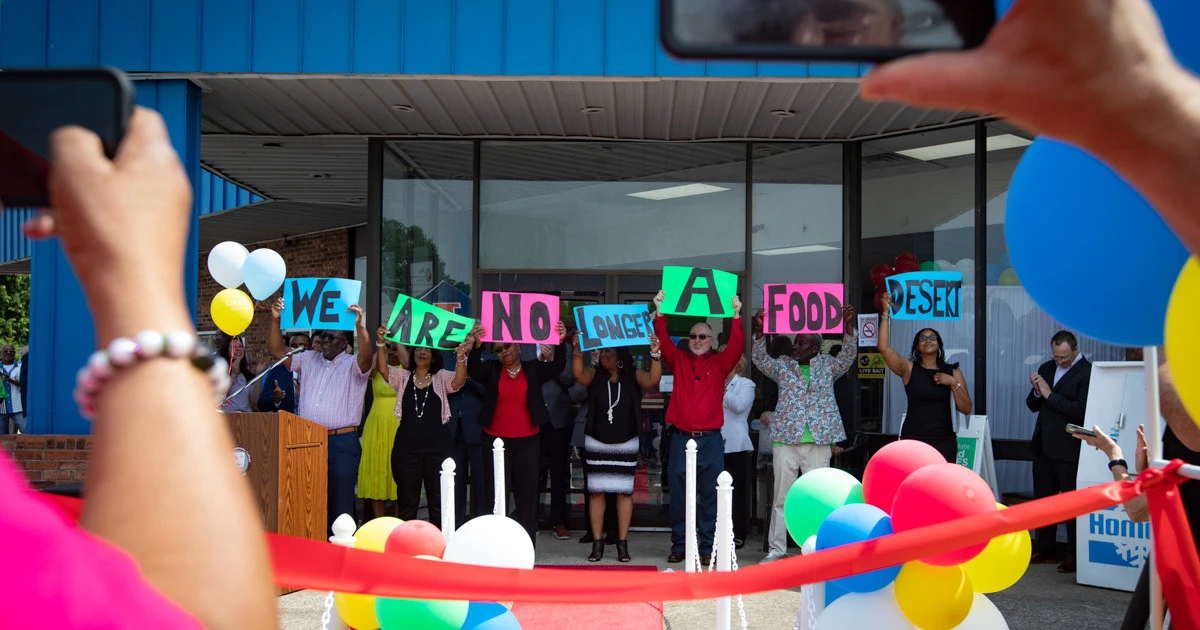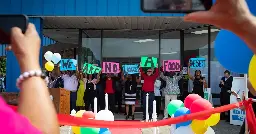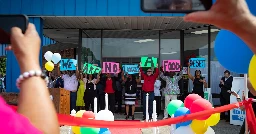Why Opening Grocery Stores Alone Doesn’t Solve Food Deserts
Why Opening Grocery Stores Alone Doesn’t Solve Food Deserts

Why Opening Grocery Stores Alone Doesn’t Solve Food Deserts

Many stores that receive subsidies shutter their doors soon after opening or fail to open at all. Capitol News Illinois and ProPublica examined 24 stores across 18 states, each of them either newly established, preparing to open or less than five years old when they received funding through the federal USDA Healthy Food Financing Initiative in 2020 and 2021. As of June, five of these stores had already ceased operations; another six have yet to open, citing a variety of challenges including difficulties finding a suitable location and limited access to capital.
Illinois’ record is similarly disappointing. In 2018, Illinois officials highlighted the opening of six grocery stores that had received startup funds over several years from a $13.5 million grocery initiative of former Gov. Pat Quinn’s. Four of them have closed.
Despite the expansion of USDA’s program, the federal agency has not studied how long the grocery stores it helps to open actually stay in business or why some of them close. Illinois never did a comprehensive review of its prior program either but as part of its new effort has funded a study of what’s causing food deserts, including the challenges facing independent grocers.

